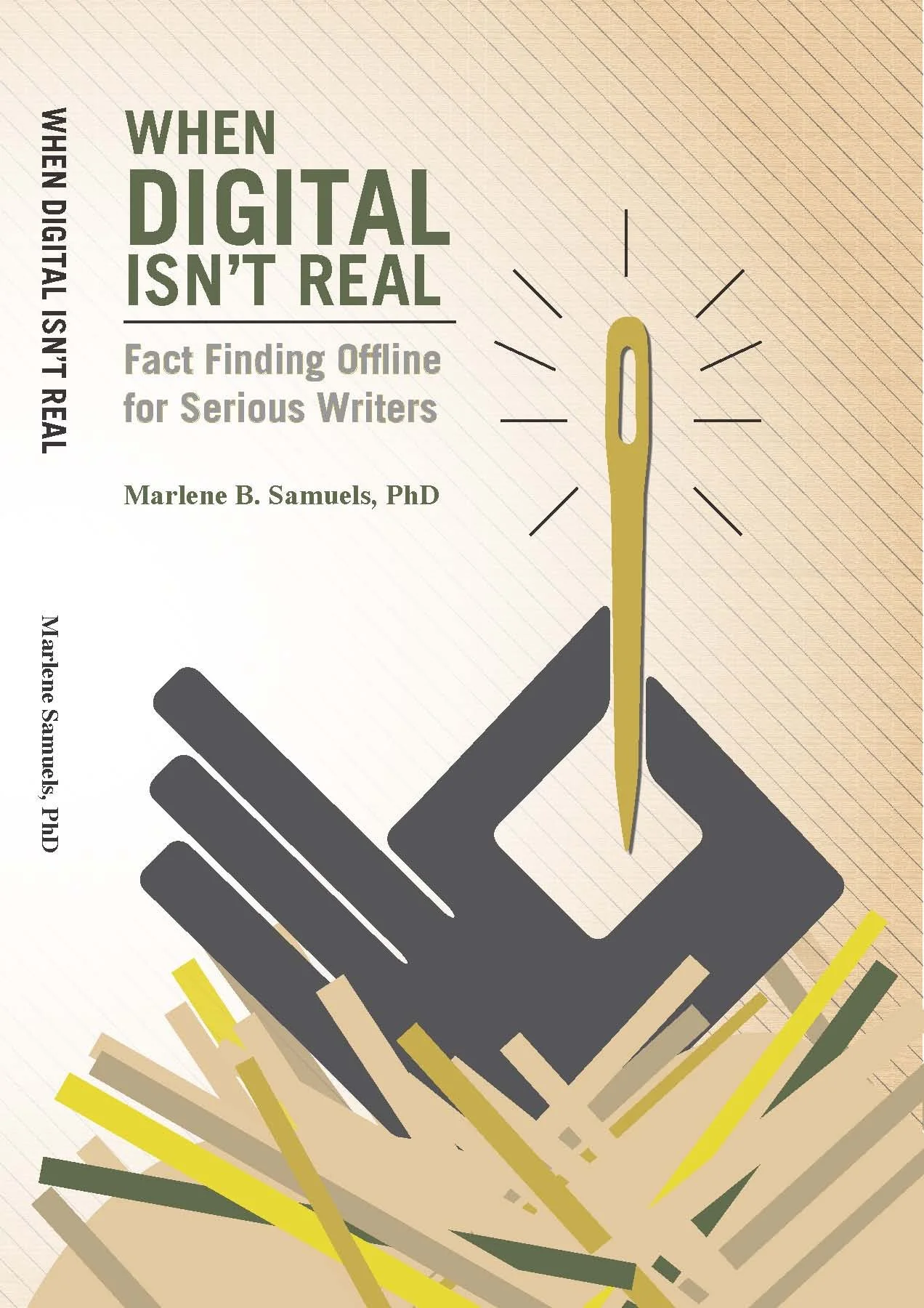Independent Sociologist, Instructor, & Writer
Works in Progress
Mostly True, not a novel: Short Stories
Mostly True Short Stories is collection of my essays and short stories. It is comprised of stand-alone writing, mostly non-fiction and previously published pieces representing a wide range of topics. Most of pieces in this collection have appeared in anthologies as well as in a variety of journals, both online and in print. The majority of my stories were inspired by personal true-life experiences or were influenced by the experiences of people closest to me.
THE DEVIL NEVER LEAVES: A Memoir Told In Short Stories
This book of essays collects several stand alone pieces published in journals, anthologies and online publications. These short pieces address unforgettable, distressing, and life-altering experiences I’ve had. Taken at face value, the events may have had simpler, less worrisome implications. But my childhood did not occur in a vacuum. Instead, the events depicted took place in a community populated entirely by other families who bore the Holocaust scars identical to those of my parents.
Is Sisterhood Powerful? An Anthology About Women Bullying Women
Comprised of essays written by women about their personal experiences of having been bullied by other women (commonly referred to as “female-to female aggression”). Regardless of whether the women whose essays are included in this collection wrote about having been bullied during childhood, adulthood, in the workplace or even on social media, they represent a wide range of backgrounds—geographically, socioeconomically, generationally and ethnically.







